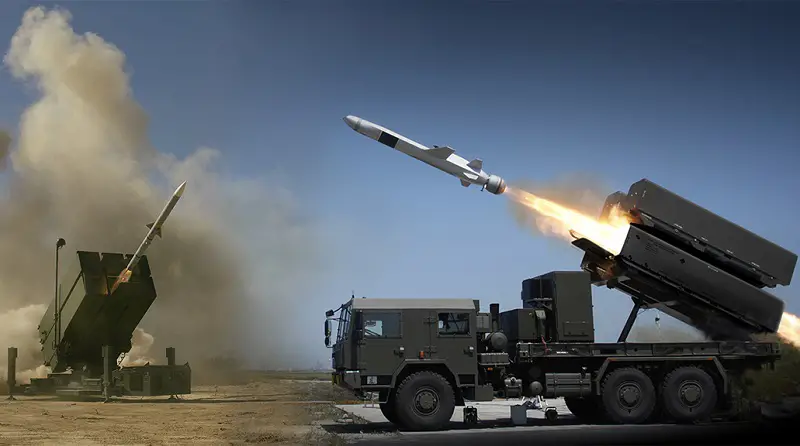The NATO Support and Procurement Agency (NSPA) Agency Supervisory Board (ASB) approved the establishment of the Modular Ground-Based Air Defence Support Partnership (Modular GBAD SP) on 1 June 2023. This Support Partnership was established by 10 NATO Nations signatories of the Modular GBAD Memorandum of Understanding (MoU): Denmark, Germany, Greece, Hungary, Italy, the Netherlands, Norway, Slovenia, Spain, Great Britain. The first phase of the initiative will run until the beginning of 2028, to carry out the work for the modularity concept phase, with the potential to be extended to later phases of development, production, and in-service support.
The Modular Solution for Very Short Range, Short Range, and Medium Range Ground Based Air Defence (Modular GBAD) High Visibility Project provides its participants with a multinational framework for the potential development and procurement of a capability, responding to air threats along the entire very short, short and medium-range spectrum. The Modular GBAD SP also provides interested Nations with the necessary framework to unfold multinational acquisition of GBAD systems – at very short, short and medium ranges, and including counter-rockets artillery and mortars C-RAM, and counter-unmanned aerial systems C-UAS.
This important milestone is another example of how NSPA provides NATO Nations with a platform for multinational acquisition, particularly in critical areas such as Ground-Based Air Defence”, observed Ms Stacy Cummings, NSPA General Manager, adding “A coordinated approach to procurement and logistics can optimise Nations’ defence spending by leveraging economies of scale while fostering technological innovation. Ultimately, this approach increases efficiency and strengthens NATO’s deterrence and defence capabilities.
Support Partnerships, a distinctive feature of NSPA, are a multinational cooperation mechanism established on the initiative of two or more NATO nations wishing to organise common support and services activities. Within this framework, participating Nations provide governance and guidance, whereas NATO Support and Procurement Agency develops capabilities and manages Nations’ requirements. The consolidation of requirements provides economies of scale, reducing costs and logistics footprint, and the legal framework offers a common and efficient support. The Support Partnership format also encourages the Participating Nations to discuss their logistics support challenges so that common and individual requirements can be identified and addressed.















